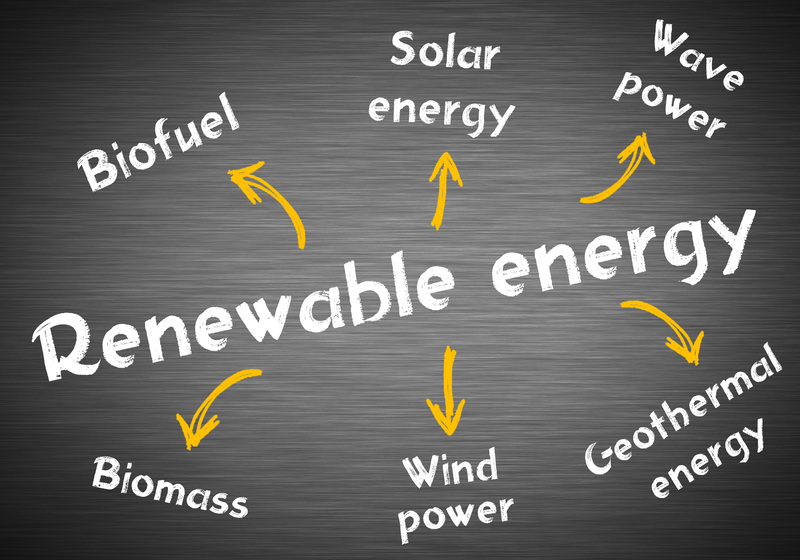Recycle: Key to Sustainability
Posted on 09/12/2024
Recycling is an imperative activity that plays a crucial role in fostering a sustainable environment. It contributes significantly to resource conservation, energy savings, and pollution reduction. In a world where the population is continuously growing, the rate of consumption of resources has skyrocketed. Therefore, recycling finds its place as a fundamental practice in countering the adverse effects of overconsumption.
The Importance of Recycling
Recycling helps in conserving raw materials, especially finite resources like metals, which are increasingly becoming scarce. By reprocessing used materials and converting them into new products, recycling reduces the need for extracting, refining, and processing raw materials, which all come with environmental costs.

Environmental Benefits
One of the most significant benefits of recycling is the reduction of greenhouse gas emissions. The process of recycling metal, paper, and plastic emits substantially less carbon dioxide compared to producing new products from raw materials. Furthermore, recycling helps in limiting pollution by reducing the need for traditional waste disposal methods such as incineration and landfills, which generate methane, a powerful greenhouse gas.
Energy Savings
Recycling requires significantly less energy compared to manufacturing products from virgin raw materials. For example, recycling aluminum saves up to 95% of the energy needed to produce new aluminum from bauxite ore. When energy consumption is reduced, the demand for fossil fuels diminishes, directly impacting the level of air pollution.
Economic Benefits
Recycling isn't just good for the environment; it's also economically beneficial. It creates jobs in the recycling and manufacturing industries. By decreasing the demand for raw materials, recycling helps preserve natural habitats and provides financial savings for both businesses and consumers. Additionally, businesses can profit from recycling programs through the sale of recycled materials.
Challenges of Recycling
Despite its numerous advantages, recycling also presents certain challenges. The process can be complex and costly, owing to the need for specialized labor and machinery. Contamination is another significant challenge, as improper sorting of recycled materials can lead to entire batches being rendered unfit for recycling.
Pros and Cons of Recycling
Pros:
- Conserves natural resources
- Reduces energy consumption
- Decreases pollution and greenhouse gas emissions
- Creates jobs and boosts the economy
- Encourages sustainable practices
Cons:
- Can be costly and complex
- Contamination issues
- Limited market for some recycled materials
- Requires public participation and education
Recycling Tips
- Sort Your Waste: Always separate recyclables from general waste. Use designated bins for paper, plastic, glass, and metals.
- Clean Materials: Rinse containers to avoid contamination. Clean materials are easier to process and recycle.
- Stay Educated: Different regions have specific recycling guidelines. Stay informed about local recycling rules and programs.
- Reduce and Reuse: Aim to reduce waste by using reusable products and minimizing single-use items.
- Support Recycled Products: Purchase products made from recycled materials to support the recycling market.

Takeaways
- Recycling is crucial for resource conservation and reducing environmental impact.
- It offers significant energy savings and economic benefits.
- Challenges like contamination and high costs need to be addressed for effective recycling.
- Public awareness and participation are key to successful recycling practices.
Conclusion
Recycling is undeniably a key to sustainability. It plays a pivotal role in conserving natural resources, saving energy, and reducing pollution and greenhouse gas emissions. While it comes with its set of challenges, the overall benefits outweigh the drawbacks. By incorporating effective recycling practices and fostering a culture of sustainability, we can drive significant environmental, economic, and social advantages. As individuals and communities, it's our responsibility to partake in and promote recycling efforts, ensuring a healthier planet for future generations.
Latest Posts
How to Separate Trash Efficiently
Ways to Reduce Your Environmental Impact






